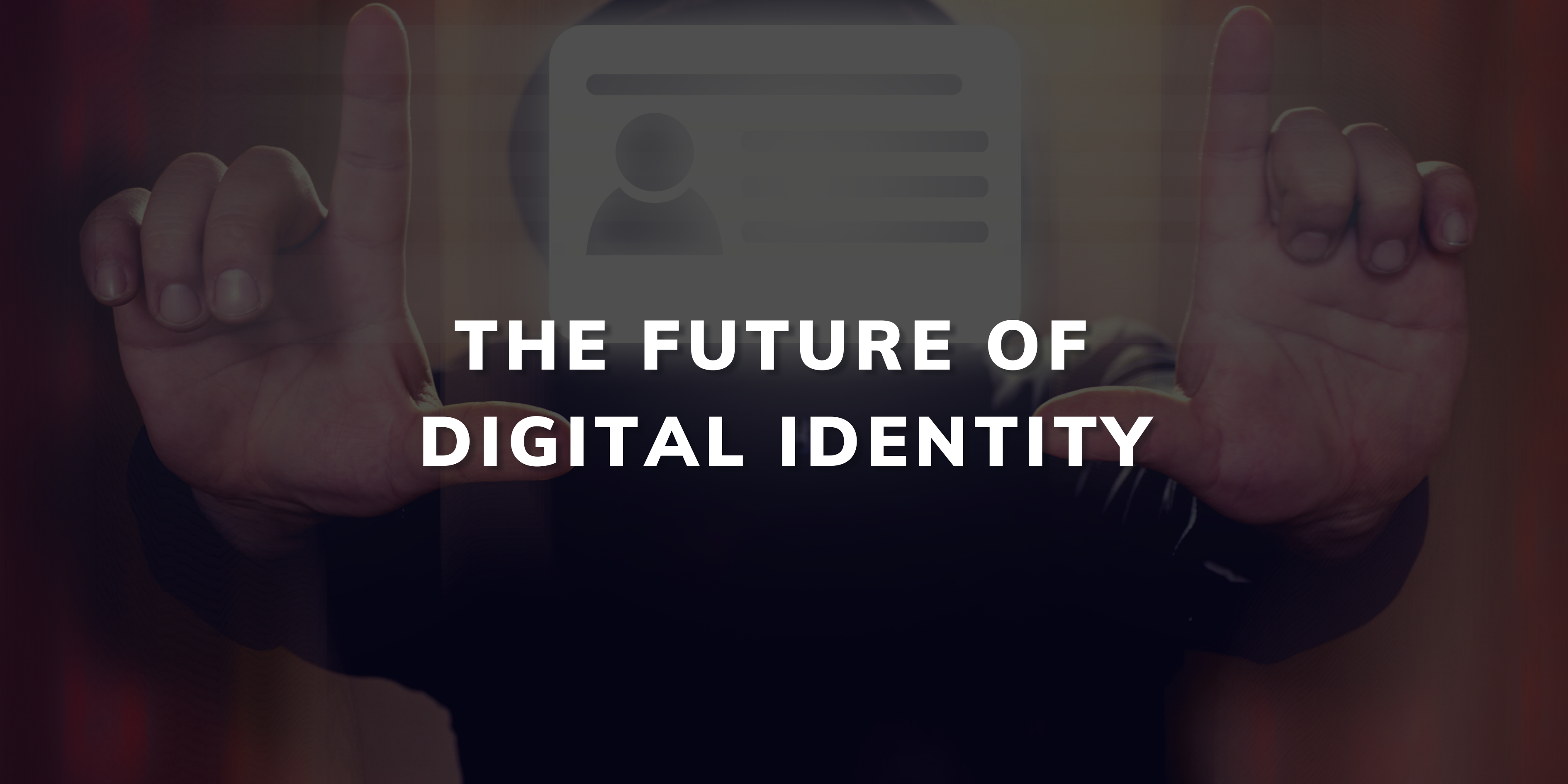
The Future of Digital Identity
In our digital age, identity is expanding from physical documents to a dynamic digital presence, promising greater privacy, security, and control. This blog post explores the future of digital identities protected by innovative, user-focused models, shifting from blockchain to a federated approach amidst technological and design challenges.
Key Summary
- Federated digital identities offer a dynamic and interactive passport to digital life, emphasising privacy, security, and user control over data.
- Secure, streamlined interactions with public systems, retailers, and healthcare providers highlight the daily convenience and privacy benefits.
- Zero-knowledge proofs and time-limited access mechanisms protect personal information while enabling personalised services.
- Overcoming challenges for federated digital identities involves developing privacy technologies, establishing interoperable standards, and building user trust.
- The future of digital identity promises enhanced digital autonomy and security through a federated model that balances privacy, efficiency, and user control.
A Day in the Life with Federated Digital Identities
Imagine starting your day in a near future where your digital identity is as essential as your smartphone. This identity isn’t just a static piece of data; it’s a comprehensive, interactive passport to your digital life, designed with cutting-edge privacy and security measures. This federated digital identity system empowers you with full control over who accesses your information, for how long, and under what circumstances.
Morning
As you leave for work, your digital identity seamlessly interacts with public transport systems. A quick tap verifies your identity, deducting the fare from your account without revealing any personal information. The transaction is time-limited and access-controlled, ensuring that your data is not unnecessarily stored or shared beyond the immediate need.
Afternoon
Shopping becomes a breeze with your digital identity. When making purchases, your payment information is shared through a zero-knowledge proof system. This means the retailer verifies that you have sufficient funds without actually accessing your account details. Offers and discounts tailored to your preferences are presented, all without compromising your data privacy, as retailers only access non-identifiable, aggregate data, respecting your data-sharing preferences.
Evening
Scheduling a doctor’s appointment or accessing medical records is streamlined through your digital identity. You grant temporary access to your medical history, allowing healthcare providers to offer personalised care while ensuring your data remains secure and private after the consultation. This approach not only improves healthcare delivery but also safeguards sensitive health information against unauthorised access.
Night
In the evening, streaming platforms use your digital identity and Zero-Knowledge Proofs to curate a personalised viewing experience without accessing or storing your data. This approach ensures your privacy is respected through access and time-controlled permissions, providing a tailored entertainment experience that keeps your personal information secure.
The Path Forward
Transitioning to federated digital identities requires overcoming significant challenges, including developing robust privacy-preserving technologies, establishing interoperable standards, and fostering trust among users. Research and development play crucial roles in addressing these challenges, focusing on creating a federated model that balances privacy, security, and usability.
Privacy by Design
A federated digital identity model embeds privacy into the technology’s design, ensuring that users retain control over their data. This involves developing protocols for zero-knowledge proofs, time-limited access, and user-centric consent mechanisms.
Interoperability and Standards
For a federated digital identity system to thrive, it must be universally adoptable. This requires the development of global standards and interoperable frameworks that ensure seamless interactions across various services and jurisdictions.
Building Trust
Gaining user trust is paramount. Transparent practices, robust security measures, and clear benefits are essential to encourage widespread adoption. Education and advocacy are also crucial in highlighting the advantages of federated digital identities over traditional and blockchain-based models.
Conclusion
The future of digital identity is on the horizon, promising a world where privacy, security, and user control are paramount. By embracing a federated model, we can create a digital ecosystem that respects individual autonomy while enhancing the convenience and security of our digital lives. The journey is complex, requiring innovation, collaboration, and a steadfast commitment to privacy and security. However, the potential rewards—a more secure, efficient, and user-friendly digital world—are well worth the effort.
Support Us!
Support us and make a real difference in data privacy and ownership. By becoming a supporter, you help shape a future where data is secure and truly belongs to its users. Whether you contribute financially or volunteer, your involvement is vital. Enjoy the supporter benefits and be part of the movement advocating for a future where you truly own your data and privacy. Act now—your participation is crucial!
